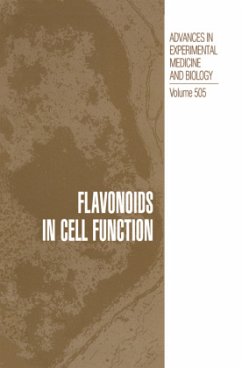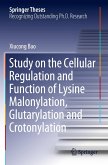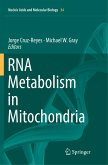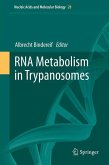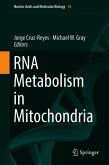The discovery of biological activity associated with flavonoid contaminants in vitamin C preparations from bell peppers and lemons by Szent-Gyorgyi and his associates opened a floodgate of research into the biological functions of this ubiquitous and diverse group of compounds. Since then, a broad range of physiological and biochemical activities were discovered in living systems including most plants and animals. With the continued discovery, isolation and identification of new natural and synthetic compounds exhibiting biological activities, entire research programs are devoted to wide ranging investigations to nearly every conceivable area, from microbial and plant interaction, growth regulation and development to physiological, genetical, medicinal actions and uses in animals. This volume is based on presentations made at a Symposium, titled Flavonoids in Cell Function, held during the 219'h National Meeting of the American Chemical Society held in San Francisco, California on March 29-30, 2000. The book is not intended to be a comprehensive treatise on flavonoid research, only a sampling of recent results. The papers cover a range of topics discussing various approaches to flavonoid study, starting at plant microbe communication through analytical methods to medicinal and systemic implications of these compounds in animal cells and systems. The organizers would like to express their thanks to Cargill Foods, Inc., Minneapolis, Minnesota and the Division of Agricultural and Food Chemistry of the American Chemical Society for financial support. A great deal of thanks is also due to the authors without whose cooperation and patience this volume would not be realized.
Bitte wählen Sie Ihr Anliegen aus.
Rechnungen
Retourenschein anfordern
Bestellstatus
Storno

